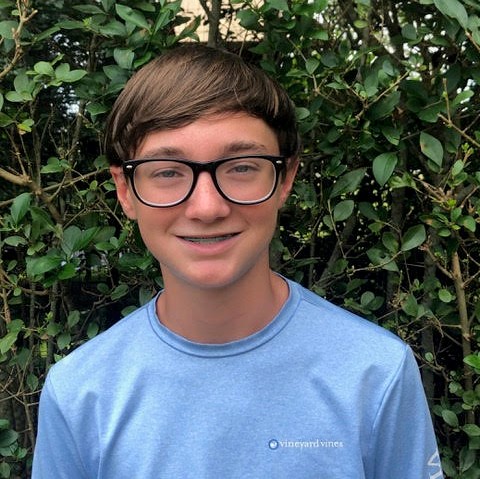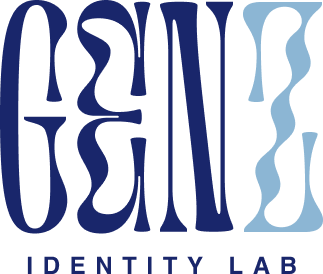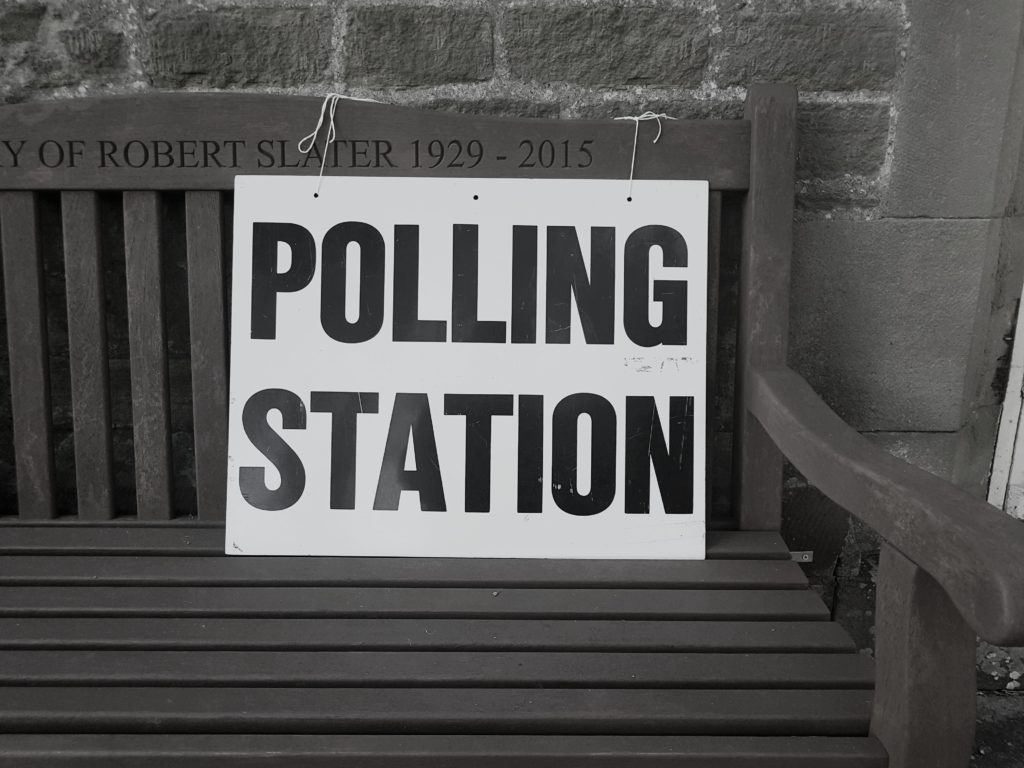by Ian Fox
The COVID-19 pandemic has caused monumental disruptions in the United States. Americans face unprecedented challenges in their daily lives, as the pandemic causes economic, social, and medical crises. Nonetheless, the November 3rd election is fast approaching. With less than 55 days until voters go to the polls, the electoral system is in serious trouble. Luckily, young people could be the ones to save the election.
According to the US Election Assistance Commission, 140 million people voted in the 2016 election. 60% of the votes were cast in person, meaning that 84 million people went to a polling place on Election Day to vote. There were 117,000 polling places and roughly 928,000 poll workers. Almost one million poll workers, and yet many polling places were still understaffed! Although 928,000 might sound like a lot of poll workers, that works out to only 8 workers per polling location, and nearly half of all polling places reported having a difficult time recruiting poll workers. Recruiting citizens to work the polls is a complicated and difficult process, and COVID-19 has upended the system, forcing election officials to look to a younger generation.
Although some voters will vote by mail this election as a result of the pandemic, recent polls have found that most voters still prefer to vote in person. An ABC News/Washington Post poll found that 59% of Americans would prefer to vote in person in the 2020 election, while only 38% would prefer to vote by mail. This means that in-person turnout on election day is likely to be very similar to 2016. The number of people working the polls, however, has been drastically affected by the pandemic.
In recent elections, poll workers have been disproportionately members of older generations. In the 2016 Election, more than half of the country’s poll workers were 60 or older, and 25% of poll workers were over the age of 70. Only 5% of poll workers were part of Gen Z. Unfortunately, the pandemic will cause many older poll workers to sit this election out, forcing younger generations to step up and fill their shoes. The CDC has determined that people ages 60 or older are at a disproportionate risk for severe illness due to the virus. Elderly poll workers are prioritizing their safety and health, and many have chosen not to work the polls this year.
Examples of this have already occurred in recent primary elections. During an April primary in Wisconsin, the city of Milwaukee needed over 1,400 poll workers to make the election run smoothly. Instead? Only 400 signed up. In that same election, 300 poll workers were needed for the main location where absentee ballots were processed. Only 50 signed up. Due to these numbers, more poll locations are being closed, leading to longer lines. In the Wisconsin election, over 180 poll locations were supposed to be open in Milwaukee. However, the lack of poll workers meant that only 5 poll locations were open. This resulted in hours of waiting for voters in very long lines.
Since older poll workers are being rightfully cautious about their health, election officials are looking towards younger generations to fill their shoes, specifically, Generation Z. Many election officials are reaching out to young people directly. Iowa Secretary of State Paul Pate urged young people to take action, urging, “We need younger, healthy Iowans to help staff our polling locations to ensure a clean, smooth election process. Also, these are paid positions. You can put a little extra money in your pocket.”
For high schoolers who want to become more involved in the civic process, this opportunity is exciting. Gen Z has been passionate about current events and social activism on social media recently, regularly advocating for several political movements. After George Floyd’s death, young people on social media were especially vocal in support of the Black Lives Matter movement, and becoming a poll worker is a perfect way to make a difference, and become civically engaged at the same time. 46 states allow people ages 16-18 to become poll workers, and the only requirement is pre-registration to vote, which can happen at age 16 in most states. Young people want to make a difference, and becoming a poll worker is a perfect way to do that, while saving democracy.
How to Become a Poll Worker

Ian is a dual US/UK citizen who was born in New York City and currently lives in Miami, Florida. He is a rising freshman at Ransom Everglades Upper School, where he plans to be involved in Speech and Debate as well as Student Government. Outside of school, Ian can be found sailing around the world, reading a good book, or running. He is passionate about politics and current events, and volunteers with several political advocacy organizations. Through Gen Z Identity Lab, Ian hopes to start a discussion among young people who are passionate about current events and are eager to inspire change.


